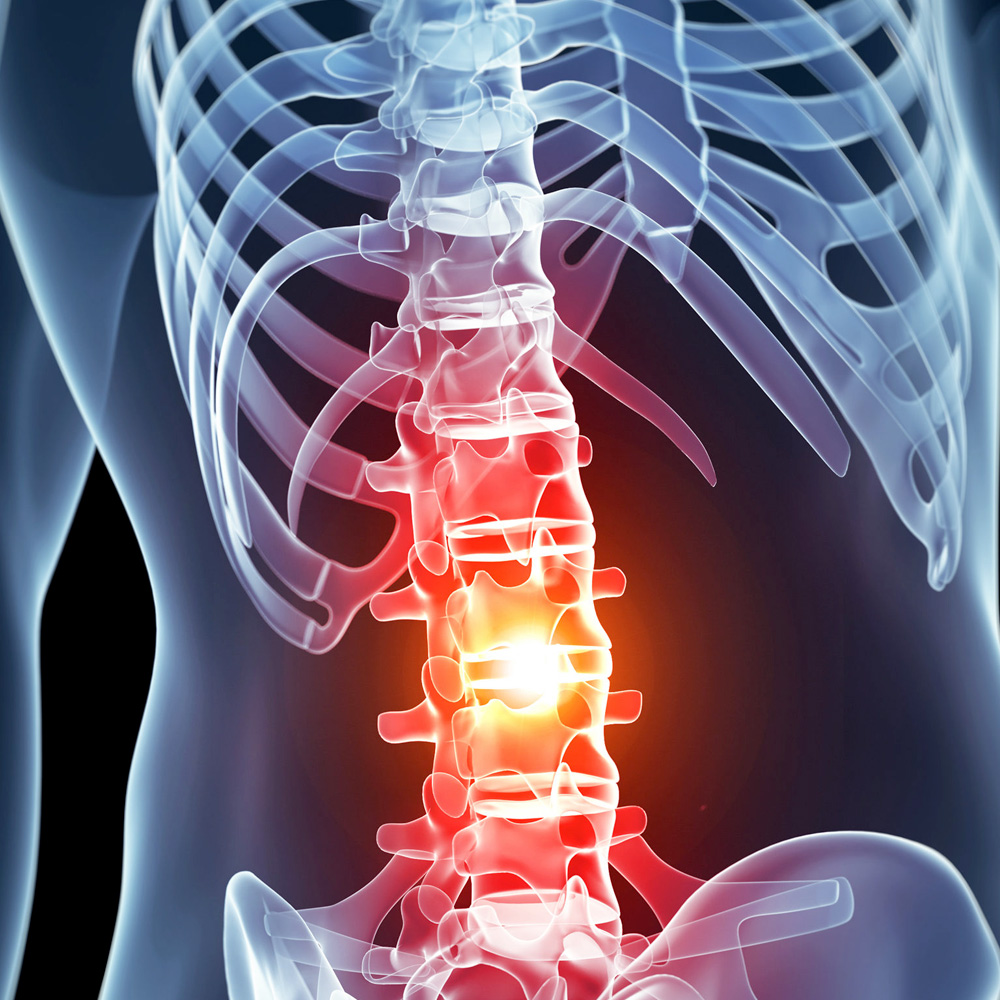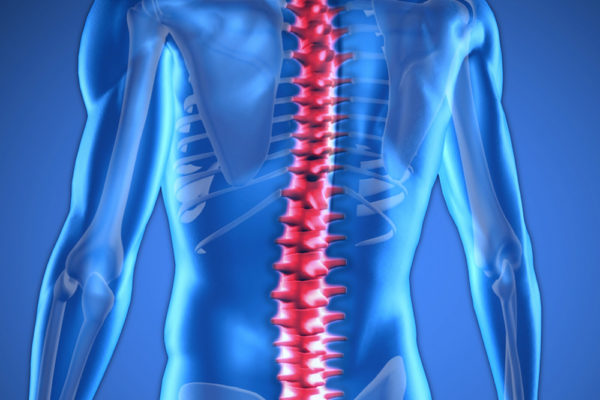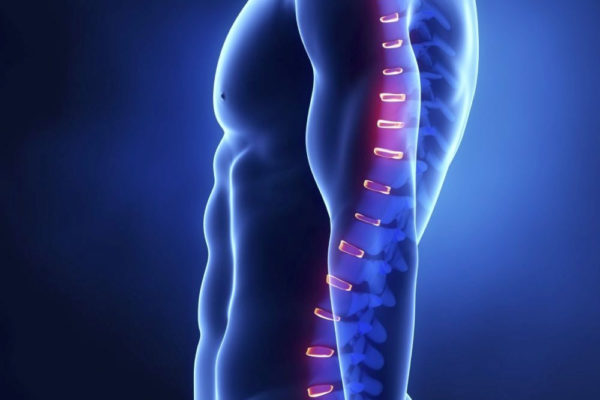Spinal Cord Injury
Spinal cord injury (SCI) occurs when the spinal cord becomes damaged, most commonly, when motor vehicle accidents, falls, acts of violence, or sporting accidents fracture vertebrae and crush or transect the spinal cord. Damage to the spinal cord usually results in impairments or loss of muscle movement, muscle control, sensation and body system control.
Presently, post-accident care for spinal cord injury patients focuses on extensive physical therapy, occupational therapy, and other rehabilitation therapies; teaching the injured person how to cope with their disability. A number of published papers and case studies support the feasibility of treating spinal cord injury with allogeneic human umbilical cord tissue-derived stem cells and autologous bone marrow-derived stem cells.
The adult stem cells used to treat spinal cord injuries at the Stem Cell Institute come from human umbilical cord tissue (allogeneic mesenchymal). Umbilical cords are donated by mothers after normal, healthy births. Before they are approved for treatment all umbilical cord-derived stem cells are screened for viruses and bacteria to International Blood Bank Standards.
Through administration of umbilical cord tissue-derived mesenchymal stem cells, we have observed improvement in spinal cord injury patients.
Get in touch






